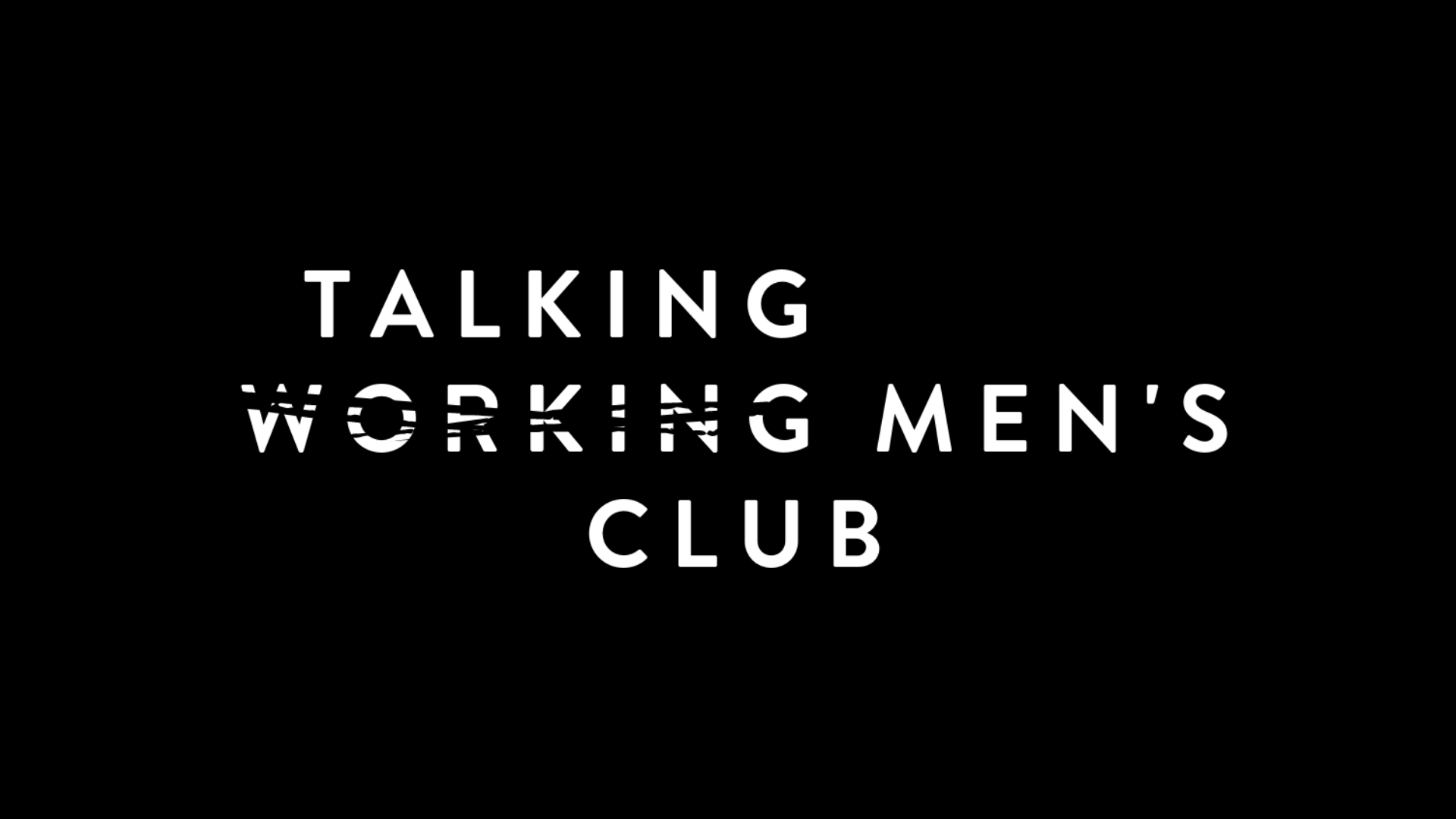
Tis’ the Season for Feelin’
December throws it all at us. Increasing pressure inside and outside of your work with nearing deadlines, staff parties, travel worries, full social calendars (or wishes for full social calendars), financial pressures, family conflicts, that end-of-year existential self-reflection; all of this can leave even the most psychologically robust of us shivering in our snow boots. It is absolutely understandable that you might feel a little wobbly. Let this be your Festive Season Survival Guide through those emotional blizzards, use it to find your way back to yourself.

Ready, Set, Regress
Christmas can be like an 00’s body swap movie except instead of changing places with your crush, your mum or an axe murderer, you find yourself back in the body of your 13-year-old self.
If you’re returning back to your childhood home or hometown, notice the moments that you spontaneously turn back into an adolescent. It’s all too easy to forget the progress you’ve made towards becoming a well-functioning and responsible member of society. A trip back home will always be a psychological minefield. Family dynamics, the roles, the smells, the memories…
What can be done? The first step of our Festive Season Survival Guide is to commit to an adult posture. Adopt the physical stance of adulthood to counter the emotional reversion to childhood. Stand up straight, literally. Plant your feet, take a deep breath, use the voice you use in daily adult life.
Journal Prompts for Regression at Christmas
- What is part of your identity that was given to you?
- What is a part of your identity that you have chosen?
- Which one of your parents’ personality traits do you want to keep and which do you want to let go of?


Spot the signs your
body is telling you to rest
We know the world is telling you to speed up right now, but these are all signals from your body telling you to slow down. Tune in.
- Jaw, neck and/or shoulder tension
- You’re tired, even after a good sleep
- It’s hard to focus
- Your eating patterns have changed
- You’ve got an upset stomach for no reason
- Hard to fall asleep or stay asleep
- You’re boozing more to cope
- You’re getting colds/immune system is run down
- Your chest is tight and you have headaches
- Making decisions, big and small, is a challenge

Make Space for Wintering
Feeling a bit rubbish as a result of the darker and shorter days? Don’t fight it. Also, don’t let it have a seat at your table for too long. Notice it and adjust accordingly. Wintering is knowing that:
- It’s okay to do less
- It’s okay to shift gears
- It’s okay to work within your capacity
- It’s okay to get outside and see the seasons changing
- It’s okay to temporarily withdraw when you need to
- It’s okay to drop down into unhurried rhythms of walking, sleeping, resting
Be more ‘bear’. The Dutch concept of Niksen — aka doing absolutely nothing or being idle as a form of stress relief, is good friends with wintering. Appropriate activities are purposeless ones, like staring out the window, hanging out, or listening to music. Find a space in your house for Niksen, preferably with a window, or someplace relaxing and quiet, let go of all distractions and just be. Start with 5 minutes, and work your way up to however long you want it to be, so you get back to your activities refreshed and ready to go.

Christmas can be Griefy
Around the festive season, we are often under subtle pressure to move on from grief, to get over it. There is no need for this.
You will never simply ‘get over’ it; there is no forgetting. Your ongoing grief is testament to the love you have for others, and your grief does not have to have an expiry date. Anyone you have ever lost will, in some way, live on inside of you. Dwell in “hiraeth” — which is a blend of homesickness, nostalgia and longing. It’s a pull on the heart towards a feeling of missing something irretrievably lost. Remember them, with sadness and with joy. Honour them in quiet moments of reflection. Howl their names at the moon and stars. Raise a glass to them, whether this is alone or at a party full of people.
Normalise this enduring connection.

Let Go of Expectations
We tend to put special significance on the festive season as a ‘time for family’. This expectation can place additional pressure on already strained relationships, particularly with family you do not see very often. Being realistic about what you can expect from this time together will help you avoid disappointment and prevent arguments.
The idyllic, harmonious, cinematic image around the dinner table pulling crackers in jubilation is far from reality for most of us. Time with family can be messy and awkward. It’s important to radically accept this. Try not to hold on too tightly to how you think it ‘should be’.
Lean into the givens: the turkey will be dry, arguments will happen, passive-aggressive eyebrows will be raised, talking about politics will cause chaos, personal values won’t always match up, and painfully and frustratingly, you will have changed, whilst everyone else has probably stayed the same.


Don’t get Overdrawn
Emotionally and financially.
Notice the situations that cause you to play the comparison game: “well, they’ve given me that, so I should get them this”. You don’t always have to match others. Mindful spending in December can be tough. The constant need to keep on buying gifts and go out can cause so much unnecessary stress.
A key step of our Festive Season Survival Guide is to plan out what you can afford to spend on gifts, parties and outings and be firm with yourself—unfollow all the accounts on social media that make you feel like you’re not enough. Discuss setting a ‘maximum spend’ on gifts with your family if you’re feeling under pressure. Creative, homemade gifts always smash it out of the park, get sentimental.

Boundaries
When we refuse to set a boundary, we prioritise other people’s comfort over our own needs. This leads to resentment, anger and dissatisfaction. Take your time to think about what kind of holiday you want to have and remember this: it is much easier to take back a no than it is to take back a yes.
Visiting someone’s house you don’t really want to be at? Before arriving, let them know how long you’ll be there for and when you need to leave.
Hosting? Whether you’re hosting the extended family or friends for one night, know that you are offering your time, space, and energy in a big way. It’s taxing for your nervous system and your body, and it’s okay to take a break. “Taking a break” might look like spending a day by yourself, retreating for a minute, enjoying an afternoon nap, or outsourcing host responsibilities for an hour in the midst of the party. It can be a lot, take time to recharge.




